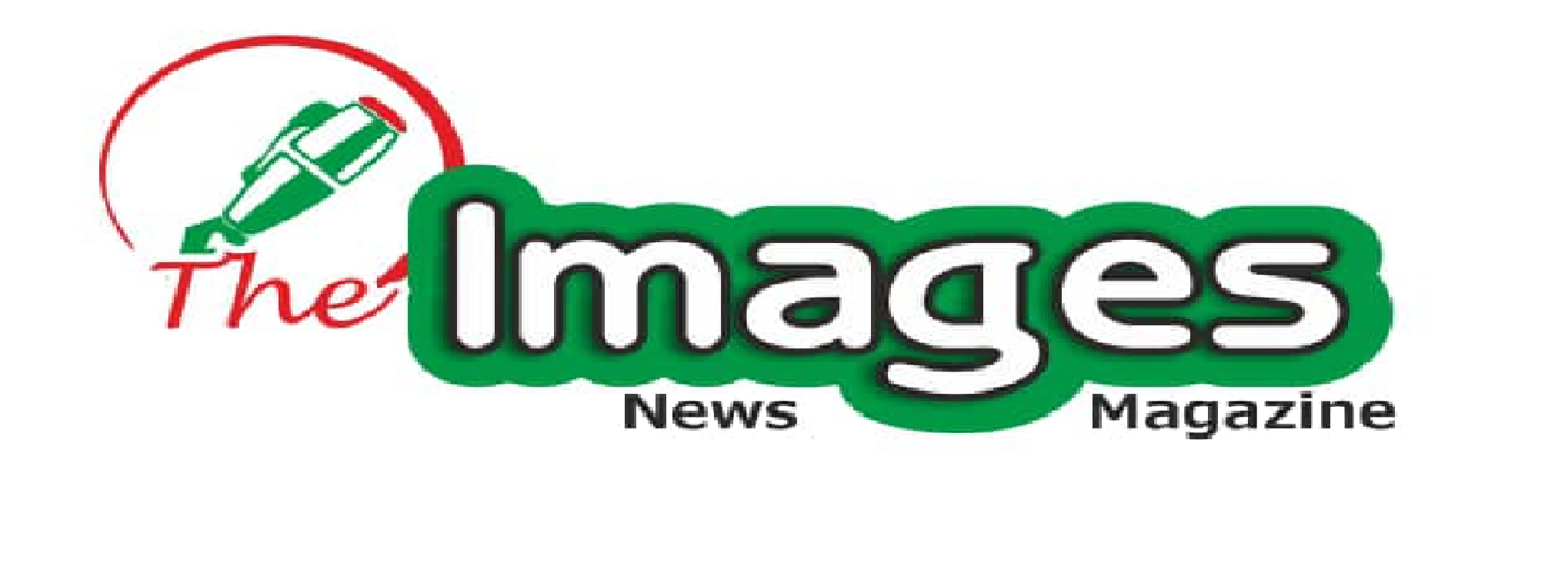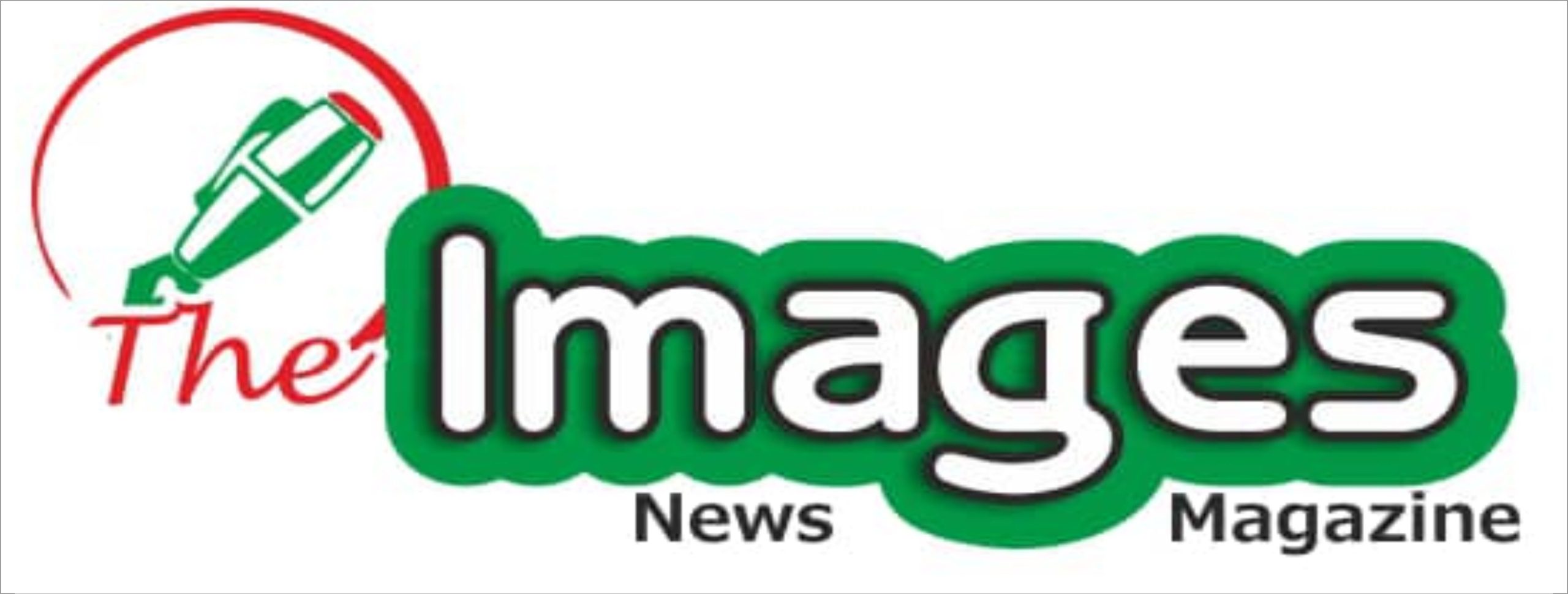IIIT Urges Muslim Journalists to Champion Ethical Reporting, Correct Misconceptions About Islam
Khadijat Salahudeen-Okoro
The International Institute of Islamic Thought (IIIT) has called on Muslim journalists to uphold integrity, promote intellectual development, and correct misconceptions about Islam through their professional work.
This was the central message of a sensitisation programme held for members of the Muslim Media Practitioners of Nigeria (MMPN), Ondo State Chapter, at the Akure Central Mosque.
The visiting IIIT delegation, led by Professor Isiaq Adekunle Amoo, explained that the initiative aimed to deepen understanding of the Institute’s objectives, global programmes, and contributions to Islamic scholarship, while fostering ethical media practices among Muslim professionals.
The three-man delegation comprised: Professor Isiaq Adekunle Amoo – Chairman; Imam Ibrahim Shodeinde – Secretary; and Mallam Salahudeen Okoro – Member.
Speaking during the session, Professor Amoo stressed that the media remains a critical tool for education and social reform.
“As Muslim journalists and communicators, it is our duty to project the beauty of Islam, dispel misconceptions, and uphold truth in our professional conduct,” he said.
He also advocated stronger collaboration between the IIIT and MMPN, highlighting its potential to boost capacity building, research engagement, and moral reorientation.
Professor Amoo explained that the IIIT was established in 1977 by Muslim scholars such as Ismail R. Al-Faruqi, to tackle intellectual and moral decline in Muslim societies by reforming Western-style education to restore spirituality and revelation.
He said the Institute mobilised Muslim experts across various academic fields to integrate Qur’anic and Prophetic guidance into their disciplines, adding that its goal is to create an education system that develops both professional competence and strong moral and spiritual character.
“Originally called ‘Islamisation of Knowledge’, the concept was renamed ‘Integrated Knowledge’ in Southwest Nigeria to avoid misunderstanding and to emphasise a universal fusion of spiritual and secular learning,” he said.
He pointed out that the organogram of the IIIT programmes in Southwest Nigeria is headed by Dr Jibril Oyekan, who serves as the overall Coordinator, with Professor I.A. Musa functioning as the Secretary. Supporting the leadership structure is Professor D.S.O. Noibi, who appears to play an advisory or supervisory role in the programme’s administration.
To ensure effective coordination across the six states, the don said each state has an assigned facilitator: Professor M.A. Bidmos for Lagos, Professor M.O. Opeloye for Osun, Professor K. Balogun for Ogun, Professor M. Abdur Raheem for Ekiti, Professor Ishaq Adekunle Amoo for Ondo, and Professor Abdul-Ganiyy Raji for Oyo.
He said the decentralised structure promotes smooth implementation and communication while maintaining overall unity under the central




